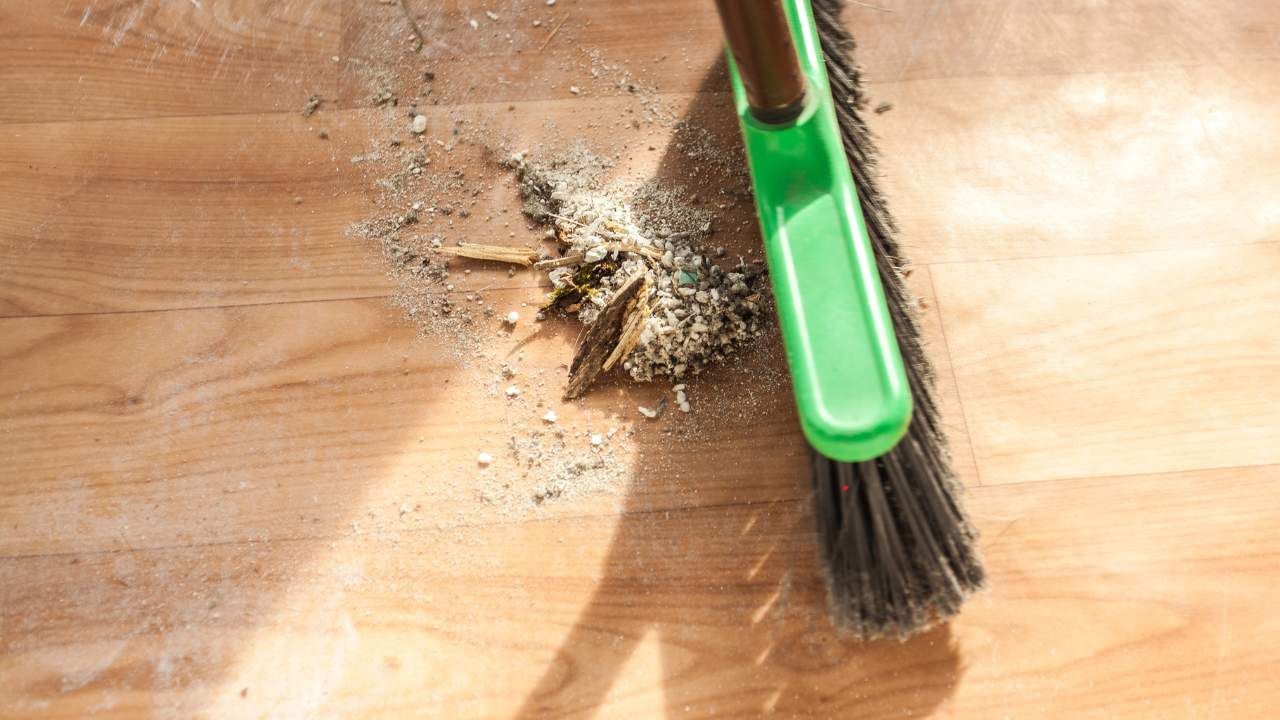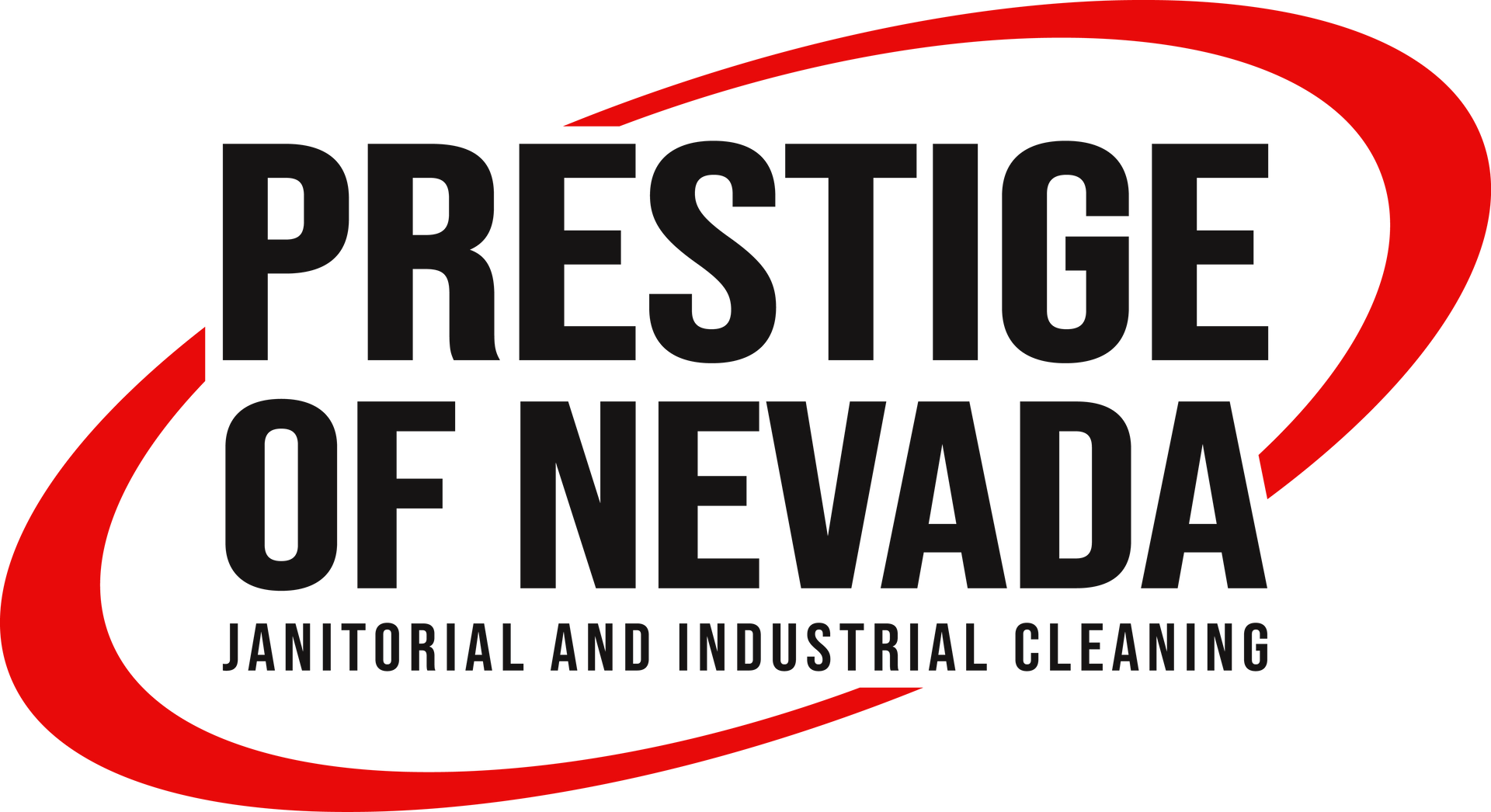Dealing With Hazardous Debris After a Commercial Build

After months of hammering, hauling, and heavy machinery, a commercial construction project finally wraps up. But before any ribbon-cutting ceremonies can take place, there’s one last crucial step—cleanup. Post-construction debris isn’t just an eyesore; it can be dangerous, especially when hazardous materials are involved. From stray nails to silica dust, managing post-build waste is a vital part of protecting both your investment and the people who use the space.
In this post, we’ll break down the risks, responsibilities, and smartest ways to handle hazardous debris once the build is complete.
Why Post-Construction Cleanup Is More Than Just Sweeping Up
Once the last contractor leaves, the real challenge begins. Commercial builds leave behind a wide range of waste: broken glass, scrap metal, insulation fibers, and even chemical residues. If not properly handled, these materials can:
- Cause injuries to workers and future occupants
- Delay business operations or inspections
- Lead to regulatory fines for improper disposal
- Harm the environment through contamination
Hazardous debris often includes drywall dust (which may contain silica), adhesives, solvents, and items with sharp edges or heavy weight. Without professional management, the risks compound quickly.
Who’s Responsible for Cleanup—and When?
Responsibility for post-construction cleanup typically falls on the general contractor or the property owner, depending on the agreement. However, many project managers now bring in third-party professionals for this final and essential step. And for good reason.
Proper cleanup requires more than just a broom. It involves OSHA-compliant handling of materials, PPE for workers, and safe transport of potentially hazardous waste. It’s also time-sensitive—most properties can’t pass final inspections or receive occupancy permits without being thoroughly cleaned.
Smart Steps for Handling Hazardous Debris
Here’s a step-by-step approach to dealing with the mess left behind after a commercial build:
1. Conduct a Site Assessment
Before cleanup begins, inspect the site with safety in mind. Identify and flag potential hazards like chemical spills, exposed wiring, or sharp debris.
2. Sort and Segregate
Separate hazardous materials from general construction waste. For example:
- Keep solvents and paints away from wood or drywall
- Isolate asbestos (if present) and call licensed abatement specialists
- Dispose of batteries and electronic components according to EPA guidelines
3. Use the Right Equipment
Industrial-grade vacuums, HEPA filters, and heavy-duty protective gear aren’t optional when dealing with construction debris. Specialized tools help remove fine dust that standard brooms and mops can’t reach.
4. Hire Experts for the Heavy Lifting
To save time and avoid liability, many Reno business owners turn to
construction cleanup Reno professionals like
Prestige Building Maintenance of Nevada, LLC. Their trained teams understand local regulations and deliver thorough, safe cleaning that sets your property up for success.
5. Document the Process
Take photos, keep receipts, and log every disposal step—especially for hazardous materials. This protects you during inspections or if any claims arise later.
Case Study: Turning a Mess Into a Move-In Ready Masterpiece
A new commercial office complex in Reno was nearly ready for tenants—but the construction site was cluttered with debris, leftover materials, and dust-covered floors. The property manager called in a team that specialized in Reno cleaning services for post-construction sites. Within 72 hours, the crew had removed all hazardous waste, polished floors, and prepped the space for inspection. The building passed without issue, and tenants began moving in on schedule.
Final Thoughts
Hazardous debris isn’t just a final step—it’s a safety and business priority. Skipping or rushing the cleanup phase can cost far more than the job itself. Investing in professional post-construction cleanup ensures that your commercial space is safe, compliant, and truly ready for business.
Need help cleaning up after your next build? Contact a trusted local post-construction cleanup expert to get the job done right—and done safely.


